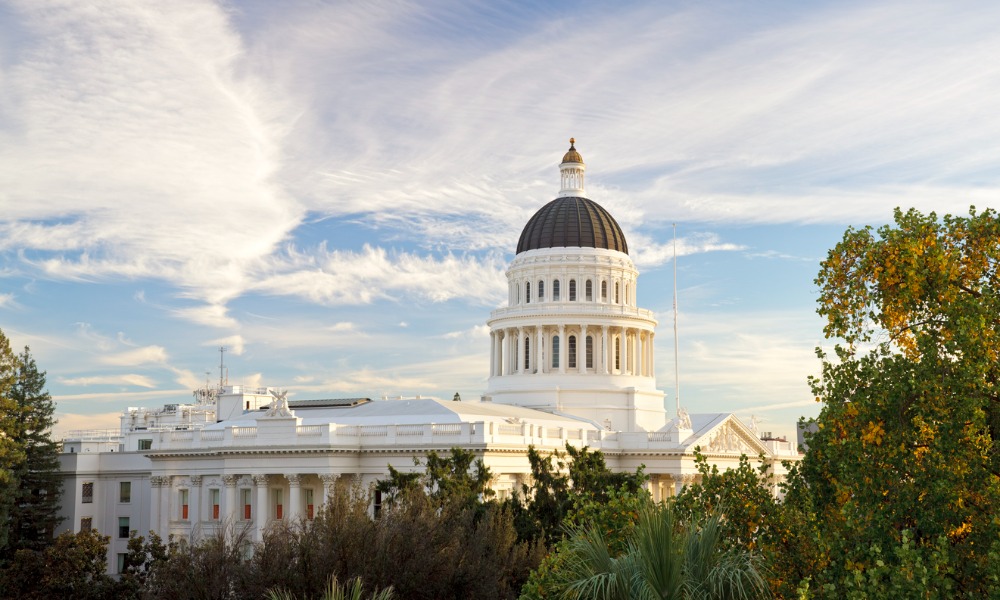
California governor said protection from caste discrimination 'unnecessary'

California governor Gavin Newsom vetoed a bill Saturday that would have added “caste” to the list of protected groups protected by the state from discrimination. Senate Bill 403 would have made California the first state to enact such a law, adding caste to the definition of ancestry under the Unruh Civil Rights Act, Fair Employment and Housing Act (FEHA).
Earlier this year, Seattle became the first jurisdiction in the country to enact protection from discrimination based on caste, after protests from members of the Indian Dalit caste raised awareness of what they said was systematic discrimination in the workplace.
“In California, we believe everyone deserves to be treated with dignity and respect, no matter who they are, where they come from, who they love, or where they live,” Newsom said in his statement to senators, who approved the bill last month.
“That is why California already prohibits discrimination based on sex, race, color, religion, ancestry, national origin, disability, gender identity, sexual orientation, and other characteristics, and state law specifies that these civil rights protections shall be liberally construed. Because discrimination based on caste is already prohibited under these existing categories, this bill is unnecessary.”
Controversial caste discrimination bill split South Asian community
As reported by HRD, the bill was introduced by Senator Aisha Wahab in August 2023, as a response to increasing reports of caste-based discrimination from constituents in her district, which partially includes Silicon Valley.
“In my district, I continue to hear about caste discrimination experienced by Dalit women which affirms the importance of this bill. Adding caste to existing protections increases access to resources, cultural competency for agencies and organizations, and empowers individuals experiencing caste discrimination,” Wahab said.
The bill described caste as “an individual’s perceived position in a system of social stratification on the basis of inherited status … characterized by factors that may include, but are not limited to, inability or restricted ability to alter inherited status; socially enforced restrictions on marriage, private and public segregation, and discrimination; and social exclusion on the basis of perceived status.”
The bill was one of the more controversial measures on the docket in this year’s legislative session, with the South Asian community split on whether caste discrimination should be legally protected. Opponents said the bill, if passed, would have stigmatized South Asian Hindus, who are most associated with caste, Politico reported.
Two Republican senators sent a letter to Newsom Tuesday, Politico added, asking Newsom to veto the bill. The letter, quoted by Politico, stated the bill would “not only target and racially profile South Asian Californians, but will put other California residents and businesses at risk and jeopardize our state’s innovative edge.”